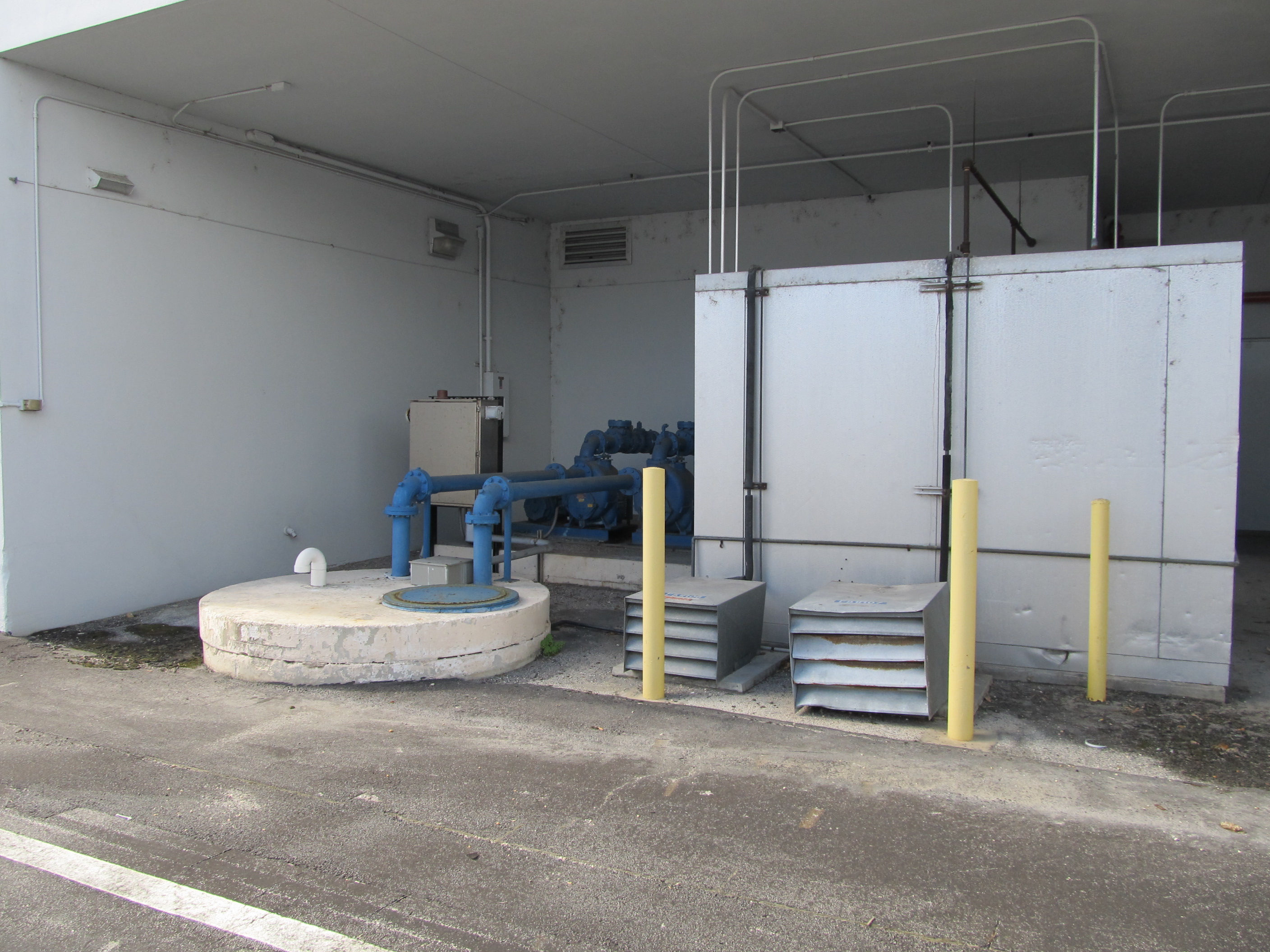On-lot Septic Systems and Oil/Water Separators
On-lot septic systems are where the septic waste is transported to a spot on the property for holding or break down of the sewage. Examples of on-lot septic systems include; septic tanks and oxidation ponds. Oil/water separators are a device designed to separate gross amounts of oil and suspended solids from the wastewater effluents.
Septic systems are designed for wastes that bacteria can break down quickly and easily. This does not include most chemicals. Flushing or discharging hazardous chemicals simply relocates them under your lawn.
Both on-lot septic systems and oil/water separators present possible environmental contamination if they leak. With the septic systems leaking or not functioning properly they can release the sewage into the groundwater. Once in the groundwater the bacteria in the sewage can potentially get into the drinking water and cause people, animals and even plants to become ill or distressed.
With the oil/water separators the wastewater effluents from the petroleum can also get into the groundwater and then the drinking water and cause similar problems to the septic systems. However, the effluents can also contaminate the soil kill vegetation and last for a significant amount of time in the soil causing long lasting contamination. On-lot septic systems are generally found in more rural areas while oil/water separators are generally found in industrial areas.
